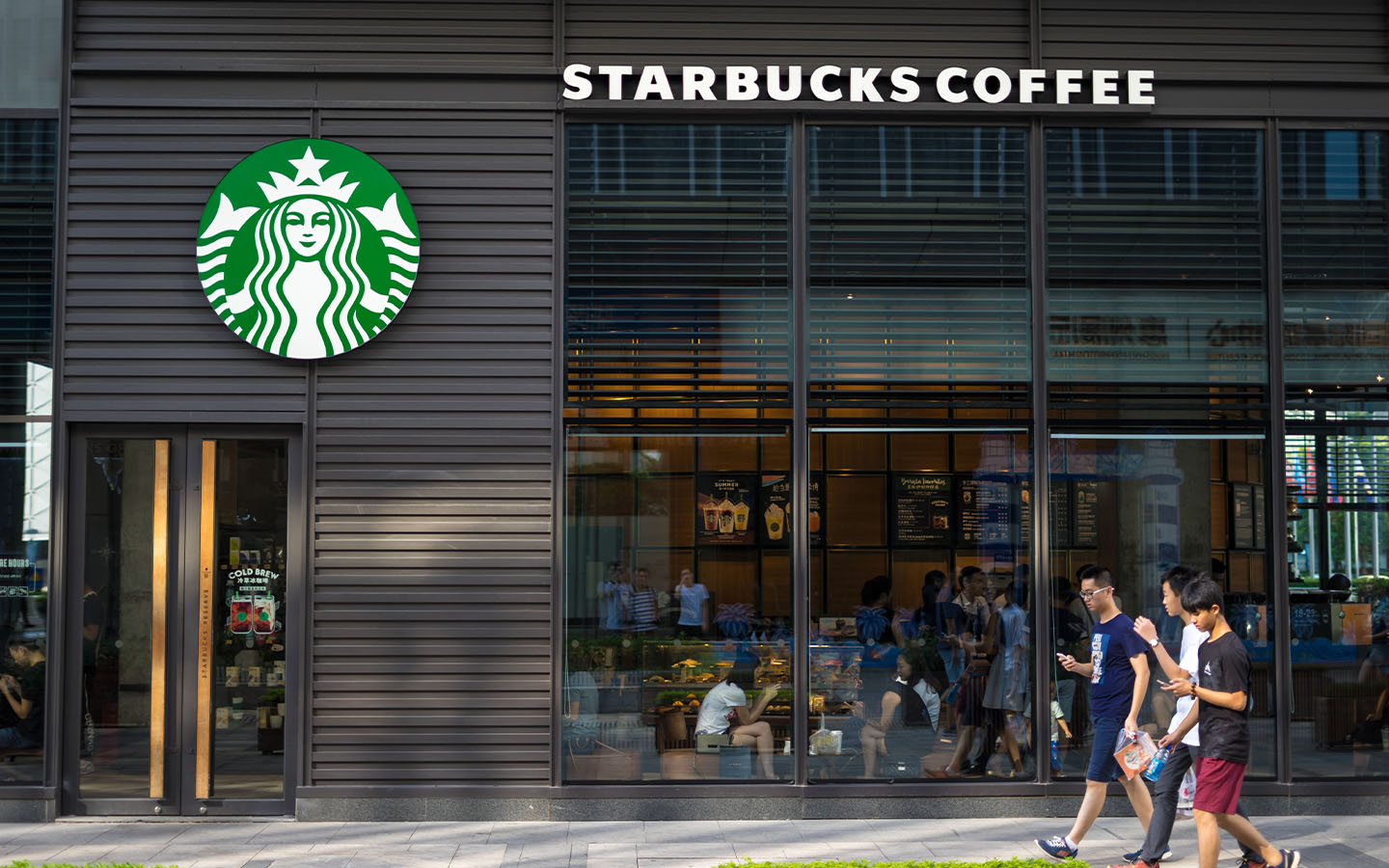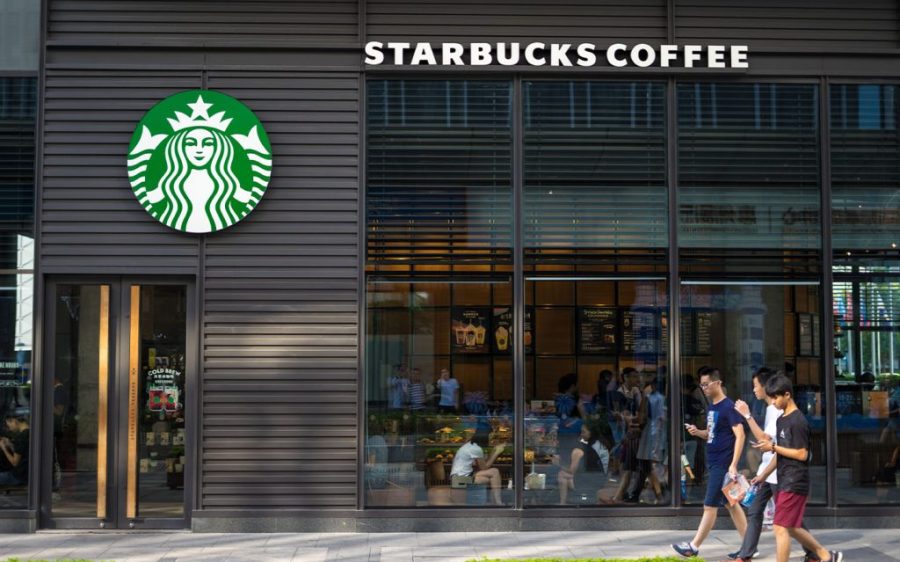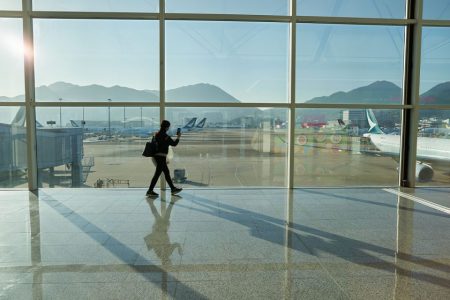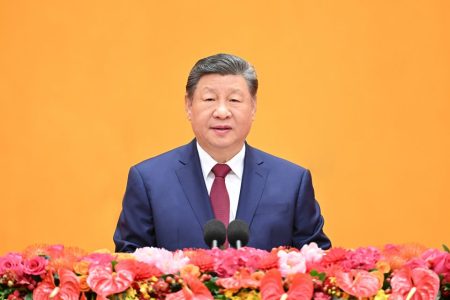Facing slowing sales and intensifying competition in China’s saturated coffee house market, Starbucks has started offering free study spaces at more than 40 of its outlets in Shenzhen and Guangzhou, China Daily reports.
There’s no obligation to buy food or drink to use these spaces, which have no time limits while providing drinking water and power for those needing to plug in laptops. However, the hope is that people will make purchases, noted You Haokun, chief analyst of LeadLeo Research Institute, a market research provider based in Shanghai.
“The core of Starbucks’ study room model lies in verifying whether the free study space can effectively drive an increase in coffee consumption by attracting more customers,” he said. “Whether it can help Starbucks improve its business performance still needs to be continuously observed.”
[see more: You can now get Luckin Coffee in New York City]
The US-headquartered international coffee chain has been under pressure in China, with domestic rivals like Luckin Coffee taking an ever larger slice of the pie. Starbucks’ China sales dropped in 2024, though were up a modest 1 percent year-on-year in the first financial quarter of 2025. Luckin Coffee’s sales, meanwhile, grew by 41.2 percent year-on-year in the same quarter; the chain – known for cheap prices and cashless stores – overtook Starbucks in terms of revenue in the mainland market in 2023.
Starbucks’ new study room pilot is on-trend in the mainland, where the number of paid self-study rooms has reportedly increased from close to 100 in 2019 to more than 10,000 today. There’s significantly less competition in Guangdong cities than in Beijing, according to You.
Starbucks currently operates around 7,700 coffee stores in the mainland. The market is increasingly crowded, with new cafe openings jumping 89 percent year-on-year in June.






